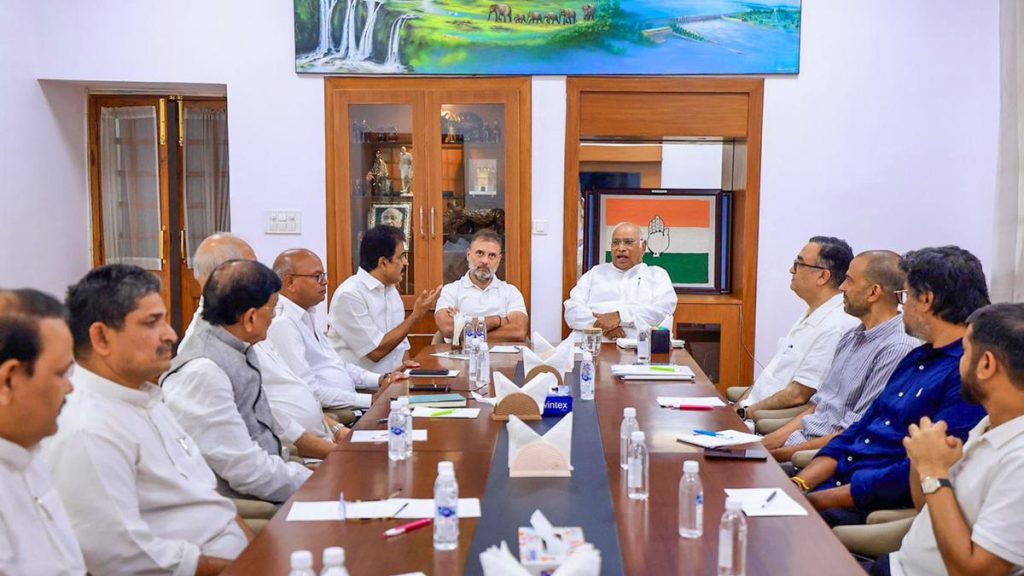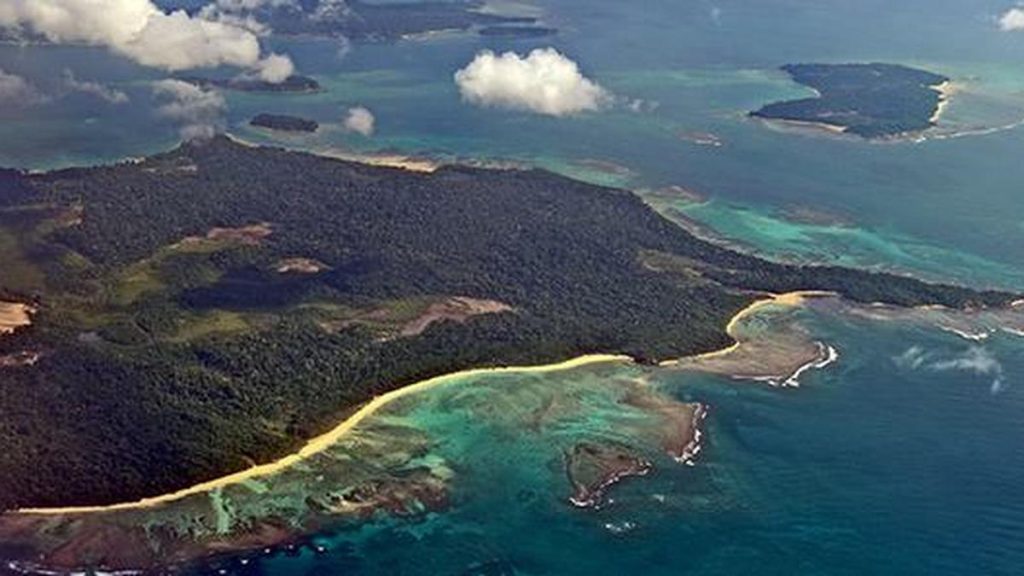Now Reading: Is Prioritizing Humans Over Nature the Right Choice?
-
01
Is Prioritizing Humans Over Nature the Right Choice?
Is Prioritizing Humans Over Nature the Right Choice?

Quick Summary
- Human Exceptionalism: the article critiques human exceptionalism, the belief that humans are superior and separate from nature, calling it a pervasive worldview rooted in religious doctrine, cultural traditions, and scientific practices.
- Science Bias: Examples include biased intelligence tests comparing captive chimpanzees to Western humans and the human-centric mirror test as a measure of self-awareness.
- Cultural Learning: Studies suggest anthropocentric moral frameworks emerge through cultural exposure rather than biological inevitability; children often value animal lives more equally than adults.
- Alternative Worldviews: Indigenous knowledge systems view humans as part of an interconnected ecological world rather than dominant rulers.This viewpoint sustains higher biodiversity compared to conventional protected lands.
- Ecological & Social Consequences: Human exceptionalism justifies environmental exploitation and systemic inequalities among humans deemed “sub-human.” Its logic underpins modern ecological crises like deforestation and climate change as well as technofixes like colonizing Mars or geoengineering.
- Pandemic Reflection: The COVID-19 pandemic exposed the dangers of encroaching on wild habitats while technological responses (e.g., vaccines) echoed dominance-based narratives over addressing root systemic issues.
Images:
!Image 1
!Image 2
!Image 3
Posted by Christine Webb on September 3,2025 | Read more Here
Indian Opinion Analysis
The article poses critical questions about humanity’s embedded belief in its superiority over nature-a sentiment that has influenced global culture, science, and decision-making for generations. For India-where cultural philosophies like Hinduism’s reverence for all living beings or Jainism’s emphasis on nonviolence align with notions of interdependence-the rejection of human exceptionalism resonates with historical wisdom but clashes against modern developmental aspirations.
Indian policy must prioritize balance between technological innovation (e.g., urbanization or climate technologies) and respecting ecological constraints-a stance deeply ingrained in many indigenous traditions mentioned here-and reflect this harmonious worldview into pragmatic action plans. Furthermore, ensuring educational systems incorporate this perspective could foster empathy toward both ecosystems and diverse social communities alike.
India faces unique challenges balancing economic growth against sustainability goals but has much to gain by embracing cooperative ecology models emerging from Indigenous frameworks globally-not just for biodiversity conservation but also offering equitable progress across society.


























